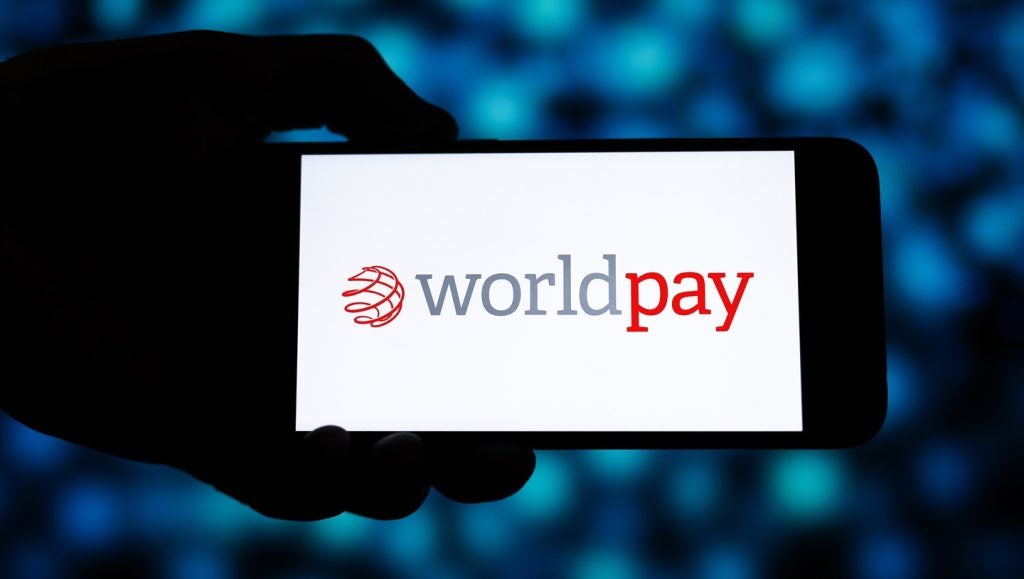The prepaid cards category displays the highest growth potential in the Polish cards sector and is forecast to post CAGR growth of almost 17% between 2013 and 2017 according to research from Timetric. The government and social security sectors are especially well placed to enjoy prepaid cards growth
The cards industry in Poland grew at a CAGR of 3.40% in terms total number of cards in issue between 2008 and 2012 from 32.0m cards in 2008 to 36.6m in 2012.

Access deeper industry intelligence
Experience unmatched clarity with a single platform that combines unique data, AI, and human expertise.
This growth was primarily driven by the debit and prepaid card categories, which grew at CAGRs of 6.89% and 16.64% respectively.
Open-loop prepaid cards grew at a CAGR of 36.82%, while closed-loop prepaid cards grew at a CAGR of 7.14%.
And looking ahead to the period to 2017, it is prepaid cards that offer the largest potential for growth in the Polish cards sector.
The prepaid card category is forecast to grow at a CAGR of 15.50% from 2013 to 2017 from 3.8m cards in 2013 to 6.8m in 2017.
Open-loop prepaid cards are expected to grow as the government launches plans to issue public service cards and city cards to make payments at public utility outlets, offices and transport networks.

US Tariffs are shifting - will you react or anticipate?
Don’t let policy changes catch you off guard. Stay proactive with real-time data and expert analysis.
By GlobalDataThere is significant potential to expand municipal prepaid cards to the country’s large unbanked population; in 2010, 44% of the population was unbanked.
Prepaid closed-loop cards widely issued by retailers will also witness significant growth.
The number of closed-loop cards in circulation increased from 1.3m in 2008 to 1.7m in 2012 at a CAGR of 7.14% during the review period.
The number is expected to grow at a CAGR of 8.66% to 2017, from 1.9m million in 2013 to 2.6m in 2017, as the cards are increasingly issued by retailers to customers.
The closed-loop prepaid card segment is also expected to grow with increased demand for prepaid gift cards.
By contrast with prepaid card growth in the period from 2008 to 2012 there were notable declines in the numbers of credit and charge cards, with CAGRs of -2.89% and -7.72% respectively.
The transaction value through prepaid cards increased between 2008 and 2012 at a CAGR of 25.53%, from PLN284.8m in 2008 to PLN707.3m in 2012.
The transaction value is expected to grow from PLN878.8m million in 2013 to PLN1.8bn by 2017, at a CAGR of 19.32%.
Growth of e-commerce and mobile commerce to encourage card-based payments online
Poland is the fifth-largest online commerce market in Europe. The value of online market in Poland is worth 5.9bn and online shopping per household in the country is expected to reach 521 by 2015.
The emergence of digital banking and the increased use of virtual cards by banks can only boost online card-based payments in the country.
Attendees at national festivals and special events have also been targeted by prepaid card issuers. For example, Bank Pekao issued prepaid cards for people attending the Woodstock music festival and UEFA Euro 2012 football tournament: the Euro 2012 prepaid card offered a 20% refund on single tickets purchased for Euro 2012 matches.
Banks in Poland also issue a number of prepaid cards for frequent business travellers including the Pekao Corporate Visa cards.
Banks also issue forex cards and euro-denominated cards for business travellers.
Prepaid cards are also being marketed by offering special rebated and reward programs, contactless payment facilities, and insurance cover while gift cards are marketed by offering special discounts at retail outlets.
Most banks charge PLN10 to issue or renew prepaid cards, although charges for customised cards vary between banks.
Cash withdrawals are permitted for prepaid cards, and withdrawals from the issuing banks’ ATMs are not charged, although withdrawals from other ATMs may be charged.
Cash withdrawals abroad are charged at 3% of the transaction amount by most banks. Charges vary for obtaining transaction histories and for providing other value-added services.







